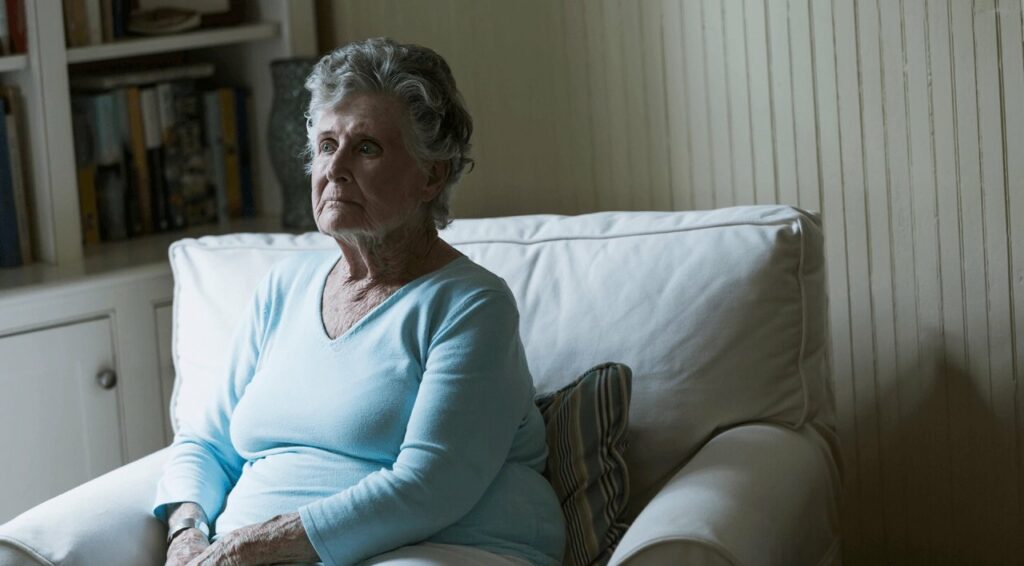After you get in touch with us we will ask you to provide us with as much detail as possible as you can about what happened. At this stage we may have to ask you to get additional information from your (or your loved one’s) medical records or allow us to request it on your behalf. We may have to consult with independent medical experts on your behalf to fully understand if the care you received fell below the threshold of what is acceptable / expected.
If our research into what happened shows that something is likely to have gone wrong and we can help you bring a claim we will discuss funding options with you, that means we will discuss the different ways you can pay for your claim. These options include using your legal expenses insurance (if you have some) as well as conditional fee agreements otherwise known as “no win no fee” agreements. You will never have to pay from your personal funds for our work if we are not successful with your claim.
At this stage we will get in touch with those responsible for the delay or mistake in your care and ask them to accept responsibility for what happened. If they do, we will try to secure “interim payments” for you, that is money to help you meet the immediate needs you have following your injury. That money can help you pay for things like care or therapies that you need now and can’t wait for when your claim settles. If they do not accept responsibility we will engage with relevant independent medical experts who will review the care you received and demonstrate why it was negligent. Once we have their reports and any reports the other side may have produced, we will discuss with them what the next steps should be. Our experts will also look at your case in detail and evaluate what care you are likely to need in the future and what needs you have developed because of the negligence so we can ensure that the compensation we will try to secure for you will meet them.
We always try to settle claims out of court either using mediation or in round table discussion meetings with the other side. If the other side does not take responsibility for your injuries or does not agree with the amount of compensation we believe you need to get your life back to where it would have been if the negligence had not happened we will start court proceedings.
Many claims settle out of court but after their trial date has been set. In the rare occasion that we need to go to court our team will be next to you every step of the way and make the experience as stress free and easy as possible.



















